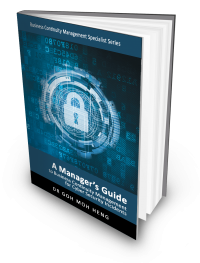Firewall
| 1. A firewall is a network device that controls the entry and exit of network traffic between a trusted and untrusted zone.

|

2. In the world of computer firewall protection, a firewall refers to a network device which blocks certain kinds of network traffic, forming a barrier between a trusted and an untrusted network. It is analogous to a physical firewall in the sense that firewall security attempts to block the spread of computer attacks.
Source: (SecureWorks, 2016)
3. A firewall is a software utility or hardware device that acts as a filter for data entering or leaving a network or computer. You could think of a firewall as a security guard that decides who enters or exits a building. A firewall works by blocking or restricting network ports. Firewalls are commonly used to help prevent unauthorized access to both company and home networks.
Source: (Computer Hope, 2017)
4. A firewall is a network security device that grants or rejects network access to traffic flows between an untrusted zone (e.g., the Internet) and a trusted zone (e.g., a private or corporate network). It acts as the demarcation point or “traffic cop” in the network, as all communication should flow through it and it is where traffic is granted or rejected access. They enforce access controls through a positive control model, which states that only traffic defined in the security policy is allowed onto the network; all other traffic is denied (known as “default deny”).
Source: (Palo Alto Networks, 2017)